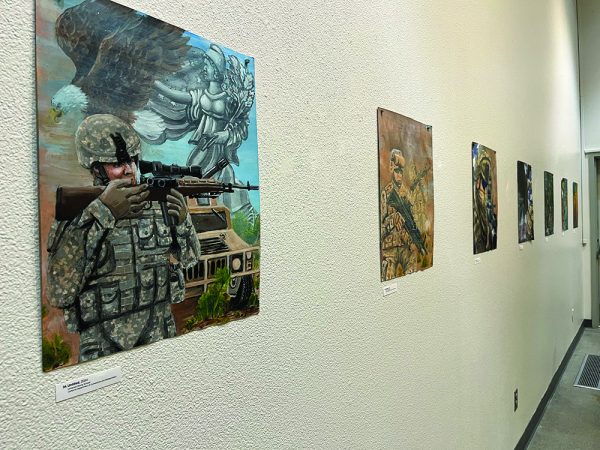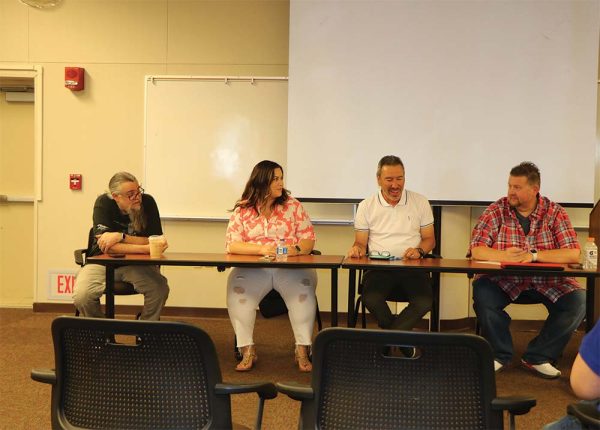Tony Iton speaks about health during an online speech
April 17, 2020
Dr. Tony Iton, along with BC faculty, held an online Zoom presentation to discuss whether the zip code or genetic code is a good predictor of healthy communities and reasons of bad health.
“If you want to change health, you invest up stream,” Dr. Tony Iton said.
Iton is the Senior Vice President for Healthy Communities at the California Endowment.
He shared a presentation to BC faculty members and students about public health in the United States. It turns out that a person’s health has to do more with location because many people are living in poor conditions.
Iton shared about how he grew up in Montreal, Canada and that Canada, along with other countries has a better social contract and health organization. After he left Montreal to go to Baltimore, Maryland and attend medical school, he learned that the U.S. is very different from Canada.
The United States has bad health care because most people in America spend the most money on healthcare and have lack of access to health care.
“We spend most of our money disproportionally on medical care and less on social services,” Iton said.
The U.S. also has shorter life expectancies of people in neighborhoods.
“There are 33 countries that have longer life expectancies than the U.S.,” Iton said.
The reason there are shorter life expectancies in the U.S. is because many people of young ages are dying from suicides, drug overdoses, and alcoholism, according to research by Iton.
Iton also shared that 80 percent of what shapes a person’s health occurs outside of the healthcare system, stress is the main contributor because it can change a person’s body and mood.
“Not only is your body changing, but it can make you crave food that is bad for you,” Iton said.
Stress can cause a person to crave unhealthy food like fast food and change their behaviors. Iton later shared solutions to fixing someone’s health is to change policies that would fix conditions in South Kern and providing investments in social policies like other countries do.
“If you want to change policy, you have to change the narrative,” Iton said.









